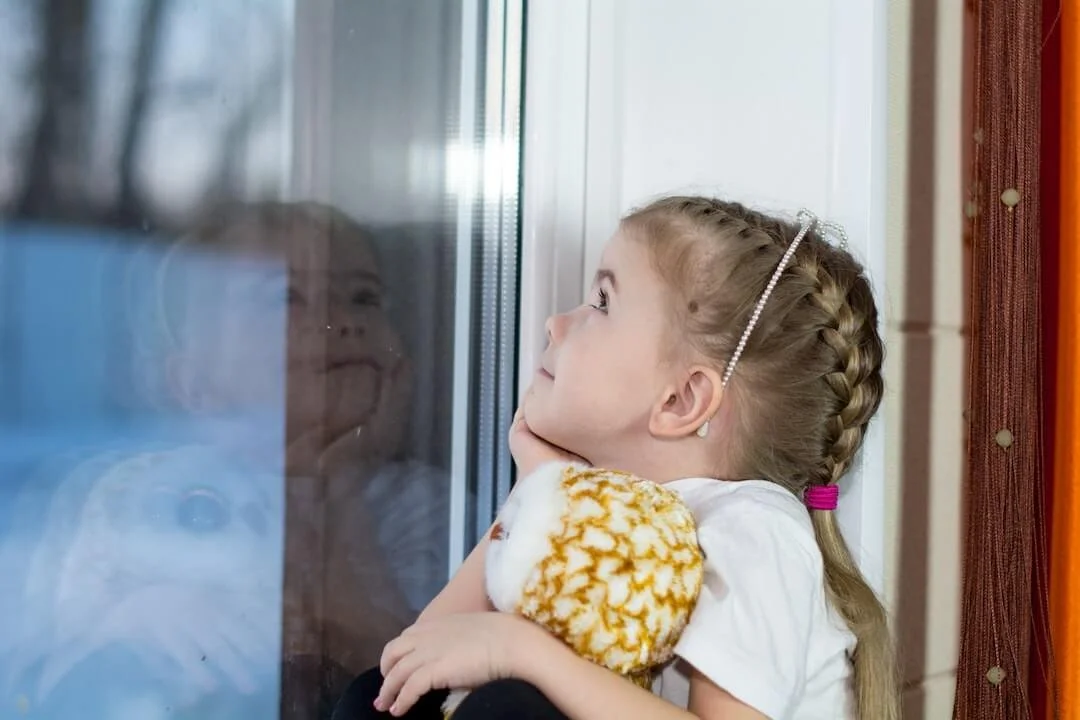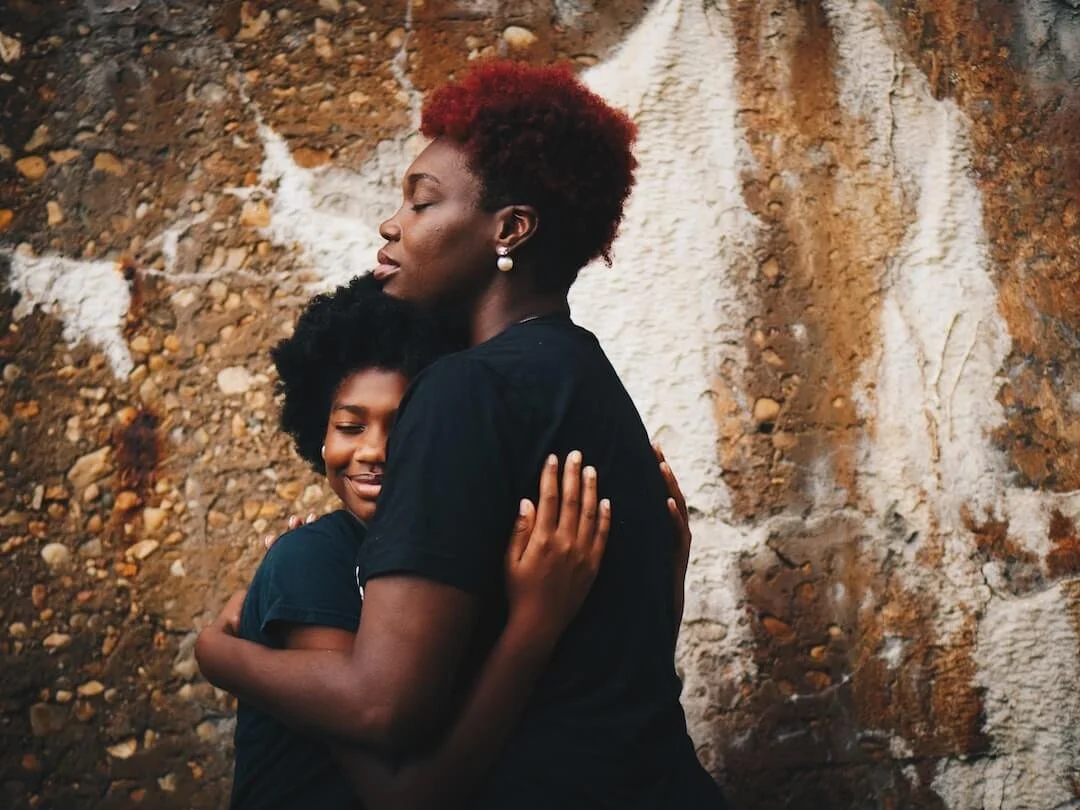From a Child Therapist: How Do I Address My Child's Anxiety?
By Sydney Lawniczak
As a child therapist, I've worked with many parents who are struggling to help their child deal with anxiety. Anxiety is a normal part of childhood, but when it impacts a child's ability to function in daily life, it can feel hard for parents to know how best to help. In this blog post, I'll be sharing some tips and strategies for addressing your child's anxiety.
Remind Them It Can Be Normal
Some anxiety or stress is normal! Especially in the thick of anxiety, it can be hard to remember this. Anxiety is something that helps us remember to study for a test, and to stay safe when we are crossing the road. However, sometimes the “alarm bells,” can go off too often, and make us feel like we are in trouble when we aren’t. Helping your child know that it is okay to feel nervous or anxious about things can help them to normalize it, and to understand that it is something that will happen in life from time to time. That is why it is so important that we feel comfortable talking things over, and that we have the coping skills to help us when it happens.
Validate Their Feelings
One of the most important things you can do when your child is experiencing anxiety is to validate their feelings. Let them know that it's okay to feel anxious and that you understand how they're feeling. Give them the space to share with you how they are feeling first before jumping to solutions. Avoid belittling their fears or telling them to "just get over it." Instead, listen to their concerns and be empathetic.
Teach Them Relaxation Techniques
Simple relaxation techniques like deep breathing, progressive muscle relaxation, and visualization can be incredibly helpful for children who are experiencing anxiety. Practice these techniques with your child regularly so that they have the skills they need to calm themselves down when they start to feel anxious. With younger kids, it can be helpful to have a “calm down corner,” full of soft blankets and relaxing toys (like stress bottles or fidget toys.)
Create a Routine
Children thrive on routine, and having a predictable schedule can help them feel more secure and lessen their anxiety. Make sure that your child has a regular bedtime, mealtime, and homework time. Also, try to build time for relaxation and play. If your child is struggling consistently with routine, it may be helpful to have a visual reminder of their schedule somewhere in the home.
Seek Professional Help if Needed
If your child's anxiety is impacting their ability to function in daily life or if you're struggling to help them manage their anxiety, it may be time to seek professional help. A child therapist or psychologist can provide both you and your child with the support and guidance they need to overcome their anxiety in a healthy way.
Helping your child deal with anxiety can be challenging, but it's important to remember that with the right support and strategies, they can overcome their anxiety and move forward with confidence.
NTERESTED IN GETTING STARTED WITH A THERAPIST IN TAMPA, FL?
As parents, seeing our children struggle with anxiety can be just as difficult for us as it is to them, Our therapists can help you and your child cope with their anxiety from our North Tampa, FL office located in the Northdale neighborhood. To start grounding yourself and managing your symptoms, follow these simple steps:
Contact Christian Counseling of Tampa or call us at 813-254-3200
Schedule to meet with one of our counselors at our North or South office.
Start learning to manage your symptoms associated with your trauma.
OTHER SERVICES OFFERED WITH CHRISTIAN COUNSELING OF TAMPA
Our Tampa, FL-based therapy practice offers a wide range of services to meet your specific needs.
We understand the many ways your mental health may be impacted in life. As a result, our team is happy to also offer play therapy, premarital counseling, Christian counseling, counseling for teens and young adults, and therapy for depression. We use a variety of treatment modalities including CBT, EFT, grief therapy, and more! Feel free to learn more about us by visiting our FAQ or blog today.



